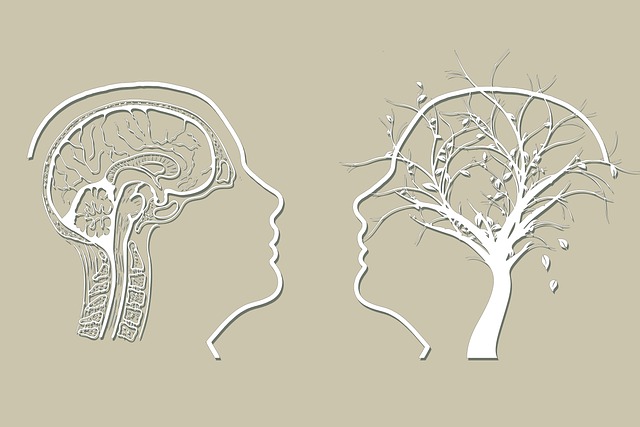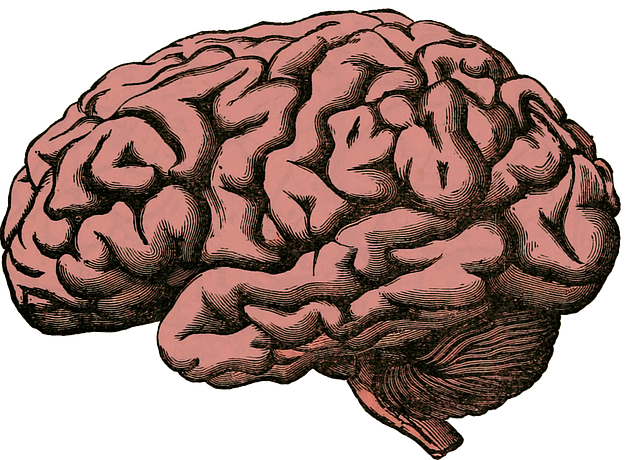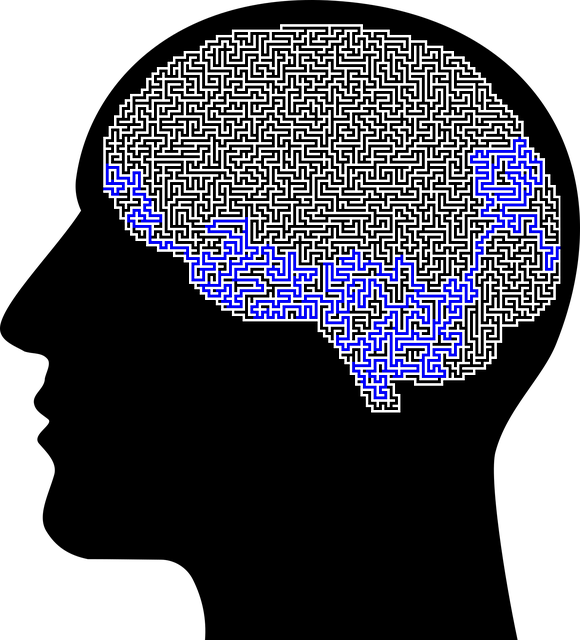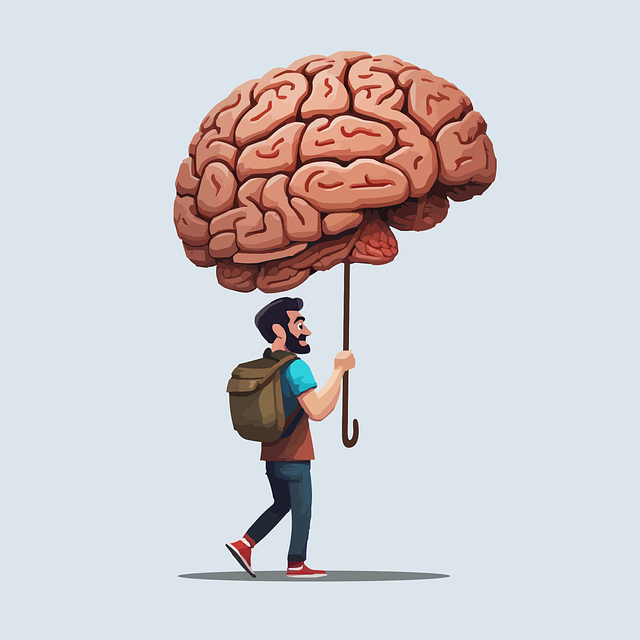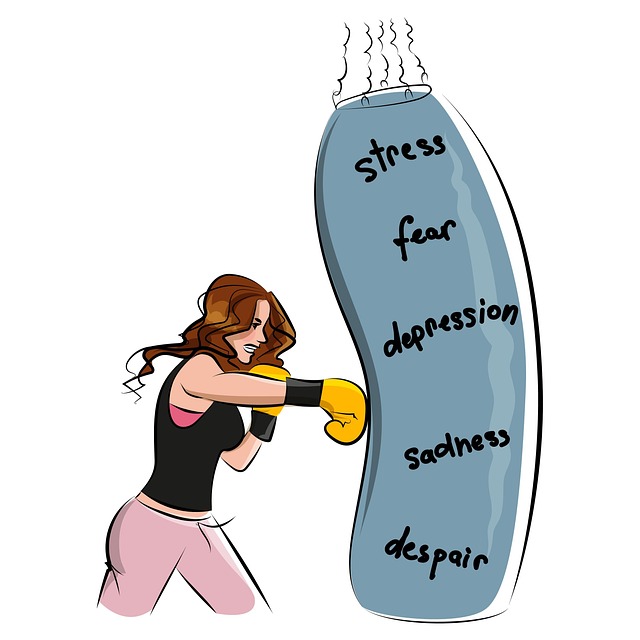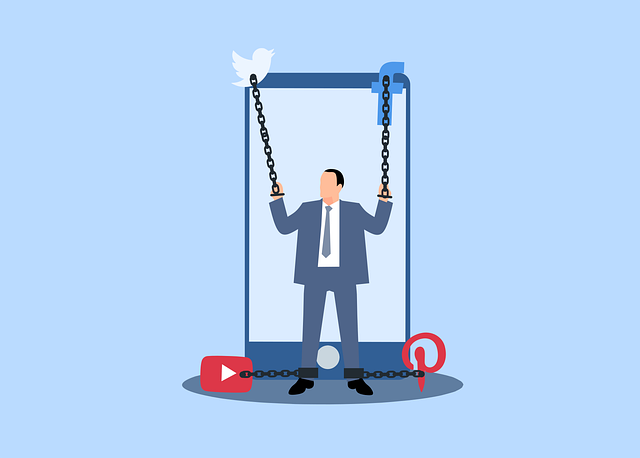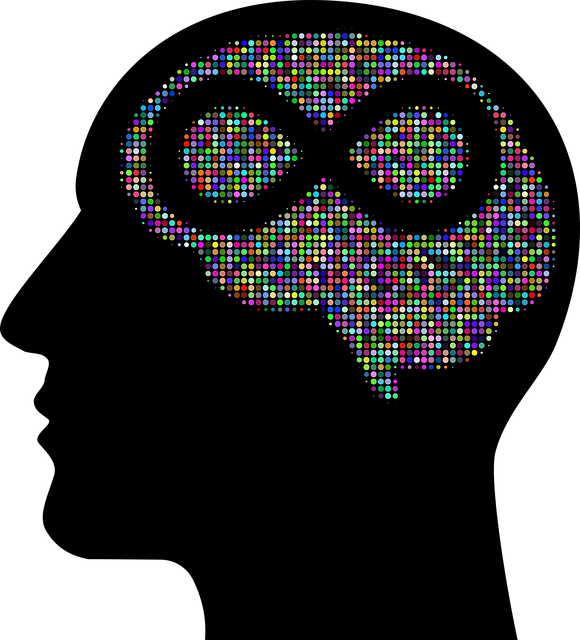In the digital era, mental wellness apps like Parker Suicide Prevention Therapy are transforming mental health support by providing discreet access to resources and empowering users to manage their well-being proactively. These apps, which complement traditional therapies, offer self-reflection exercises, mindfulness practices, and secure crisis support networks. By prioritizing user experience with intuitive navigation, safe data storage, and personalized content based on Emotional Intelligence, these applications aim to reduce suicide rates and enhance emotional well-being. Key features include daily check-ins, mood tracking, and evidence-based practices like CBT and mindfulness exercises, fostering a supportive digital community that promotes positive thinking and self-improvement. Privacy, ethics, and accessibility are paramount in their development.
In today’s digital age, mental wellness apps offer a promising avenue for support and suicide prevention. “Understanding Mental Health and Suicide Prevention: The Role of Technology” explores the impact of technology on addressing these critical issues. This article delves into designing an innovative Parker Suicide Prevention Therapy app, highlighting key features for user engagement and ethical considerations in development. Discover how apps can revolutionize access to support while emphasizing privacy, ethics, and accessibility for at-risk individuals.
- Understanding Mental Health and Suicide Prevention: The Role of Technology
- Designing an Effective Parker Suicide Prevention Therapy App
- Key Features and Functionality for User Engagement and Support
- Privacy, Ethics, and Accessibility Considerations in App Development
Understanding Mental Health and Suicide Prevention: The Role of Technology

In today’s digital age, technology plays a pivotal role in addressing mental health concerns and suicide prevention. Apps designed for mental wellness offer accessible and discrete support to individuals seeking assistance or those who may be at risk. These innovative tools can provide an additional layer of care, complementing traditional therapy methods such as Parker Suicide Prevention Therapy. By offering personalized resources, mindfulness exercises, and instant access to support networks, these apps contribute to Mental Health Awareness, fostering a sense of empowerment among users.
Furthermore, they can facilitate Self-Esteem Improvement by encouraging users to engage in practices that enhance well-being, including stress management techniques from organized workshops. This integrated approach not only aids in managing symptoms but also promotes proactive mental health maintenance. With the right features and content, mental wellness apps have the potential to save lives, making them invaluable assets in our efforts to combat issues related to mental health and suicide.
Designing an Effective Parker Suicide Prevention Therapy App

Creating an effective Parker Suicide Prevention Therapy app requires a thoughtful and nuanced design approach. The primary goal should be to facilitate emotional healing processes while fostering empathy building strategies, tailored specifically to address suicidal ideation. Incorporating features that promote self-reflection, mindfulness exercises, and access to crisis support networks can significantly contribute to the app’s success.
User experience is paramount; intuitive navigation, secure data storage, and personalized content modules are essential. The app should leverage Emotional Intelligence techniques to offer tailored interventions based on user inputs and behavior patterns. By integrating evidence-based practices alongside a supportive digital community, developers can empower users in their mental wellness journeys, ultimately reducing suicide rates and enhancing overall emotional well-being.
Key Features and Functionality for User Engagement and Support

In today’s digital age, mental wellness apps have emerged as powerful tools to support users’ emotional well-being. When developing an app like Parker Suicide Prevention Therapy, the key lies in creating a user-centric experience that encourages engagement and fosters positive changes. One of the primary features should be interactive therapy sessions, offering evidence-based practices such as cognitive behavioral therapy (CBT) techniques and mindfulness exercises. These sessions can guide users through conflict resolution strategies, helping them navigate challenging situations with enhanced emotional intelligence.
Additionally, incorporating daily check-ins and mood tracking allows for self-reflection and progress monitoring. By encouraging users to reflect on their thoughts and emotions, the app promotes positive thinking and reinforces mind over matter principles. This combination of therapeutic tools, coupled with regular interactions, ensures that users feel supported and motivated throughout their journey towards improved mental wellness.
Privacy, Ethics, and Accessibility Considerations in App Development

In the realm of mental wellness app development, privacy, ethics, and accessibility stand as paramount considerations. As users share intimate details about their emotional well-being, ensuring secure data handling is crucial. Apps like Parker Suicide Prevention Therapy must implement robust encryption protocols to safeguard personal information from unauthorized access or breaches. Ethics also play a vital role, especially when dealing with sensitive topics such as trauma support services and conflict resolution techniques. Developers must adhere to ethical guidelines to maintain transparency in data collection, usage, and sharing practices, fostering trust among users.
Additionally, accessibility is essential to ensure that mental wellness resources reach the widest possible audience, including those with diverse needs. Compassion cultivation practices should be designed with inclusivity in mind, catering to users regardless of their background or abilities. By considering these factors—privacy, ethics, and accessibility—app developers contribute to creating a supportive digital environment for mental health, mirroring the comprehensive support offered by professional therapy services.
The development of mental wellness apps, such as the Parker Suicide Prevention Therapy app, offers a promising avenue for addressing critical global health issues. By integrating technology with therapeutic practices, these applications can provide accessible and personalized support to individuals in crisis. This article has highlighted key aspects from design considerations to ethical implications, emphasizing the importance of creating robust yet user-friendly mental health solutions. As we move forward, prioritizing privacy, accessibility, and evidence-based functionality will be vital to making a real difference in people’s lives and fostering a healthier digital landscape for suicide prevention efforts.
